5 Dividend Stocks That Can Deliver Income AND Growth
Finding growth stocks to invest in isn’t a very difficult task, even when a bull market is this long in the tooth.

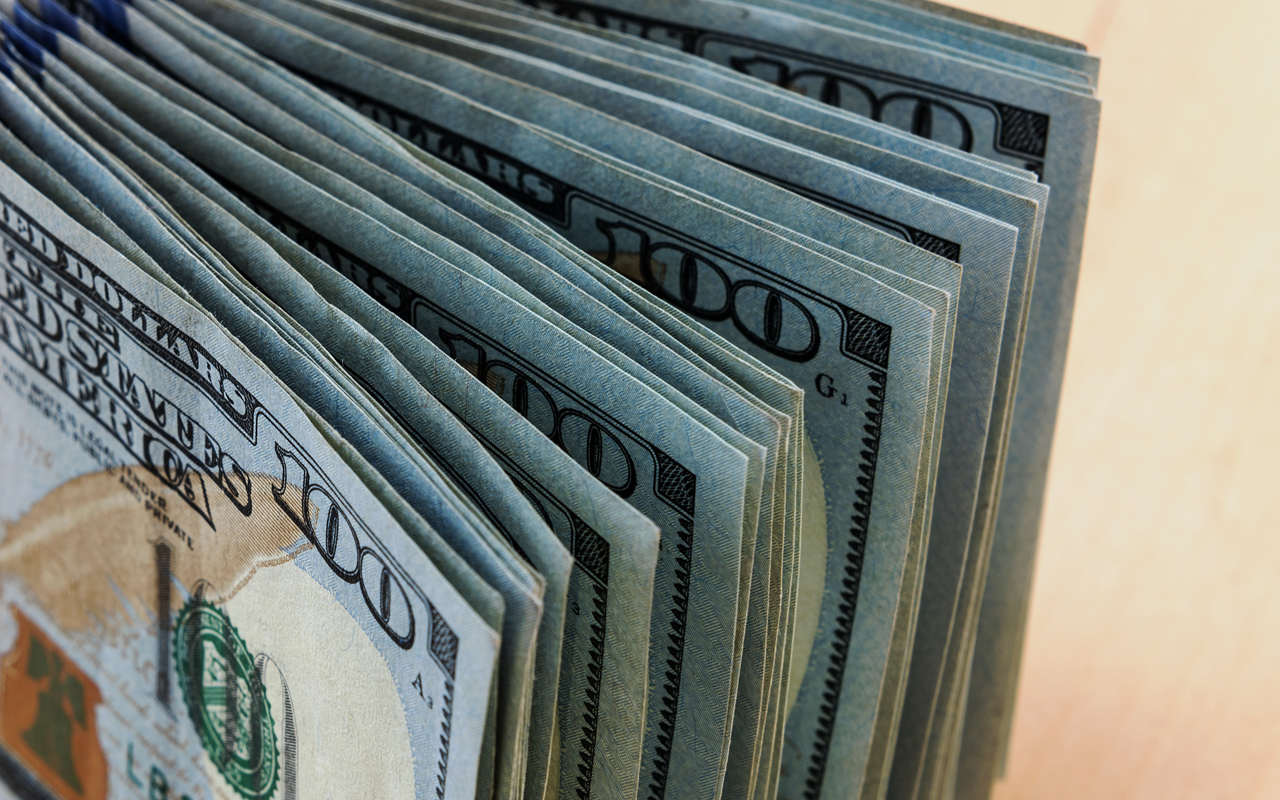
Profit and prosper with the best of Kiplinger's advice on investing, taxes, retirement, personal finance and much more. Delivered daily. Enter your email in the box and click Sign Me Up.
You are now subscribed
Your newsletter sign-up was successful
Want to add more newsletters?

Delivered daily
Kiplinger Today
Profit and prosper with the best of Kiplinger's advice on investing, taxes, retirement, personal finance and much more delivered daily. Smart money moves start here.

Sent five days a week
Kiplinger A Step Ahead
Get practical help to make better financial decisions in your everyday life, from spending to savings on top deals.

Delivered daily
Kiplinger Closing Bell
Get today's biggest financial and investing headlines delivered to your inbox every day the U.S. stock market is open.

Sent twice a week
Kiplinger Adviser Intel
Financial pros across the country share best practices and fresh tactics to preserve and grow your wealth.

Delivered weekly
Kiplinger Tax Tips
Trim your federal and state tax bills with practical tax-planning and tax-cutting strategies.

Sent twice a week
Kiplinger Retirement Tips
Your twice-a-week guide to planning and enjoying a financially secure and richly rewarding retirement

Sent bimonthly.
Kiplinger Adviser Angle
Insights for advisers, wealth managers and other financial professionals.

Sent twice a week
Kiplinger Investing Weekly
Your twice-a-week roundup of promising stocks, funds, companies and industries you should consider, ones you should avoid, and why.

Sent weekly for six weeks
Kiplinger Invest for Retirement
Your step-by-step six-part series on how to invest for retirement, from devising a successful strategy to exactly which investments to choose.
Finding growth stocks to invest in isn’t a very difficult task, even when a bull market is this long in the tooth. (Stocks are approaching the nine-year mark of its upward march without a decline of 20% or more.) However, investors seeking growth as well as reliable dividends – from the very same stock – could find the selection process a little more trying.
What should you look for to ferret out these dividend stocks?
Broadly speaking, you want companies with solid businesses whose products and services typically will be in demand year in and year out. You then want to make sure those companies are growing the top and bottom lines, and ideally analysts should expect that to continue. Revenue expansion is a simple indication that there’s still growth potential in a stock. But profits help prove long-term viability and fund the dividend.
After that, you want to look for a few specifics: A dividend yield above the average of the Standard & Poor’s 500-stock index (currently 1.8%); consistent dividend growth, which helps protect against inflation; and a relatively low payout ratio (dividend per share divided by earnings per share), which indicates that a company can both afford the current dividend, and afford to improve it in the future. Many investors look for a payout ratio below 60%, while more conservative investors seek a payout below 50%.
Here’s a look at five dividend stocks that meet these criteria. As a result, investors can expect them to deliver both income and growth in the foreseeable future.
Data is as of Feb. 21, 2018. Dividend yields are calculated by annualizing the most recent quarterly payout and dividing by the share price. Companies are listed alphabetically. Click on ticker-symbol links in each slide for current share prices and more.
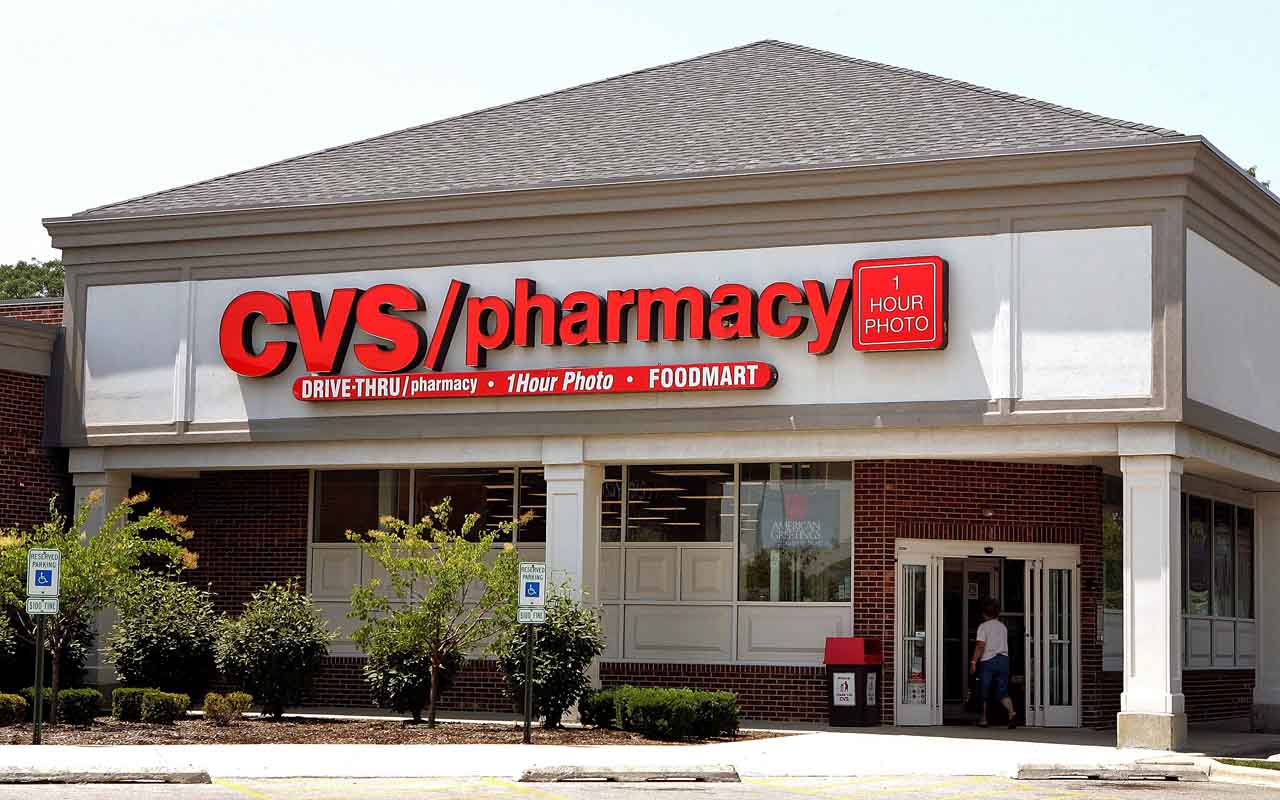
CVS Health
- Market value: $69.4 billion
- Dividend yield: 2.9%
- CVS Health (CVS, $68.76) is the largest pharmacy operator in the U.S. and has increasingly turned its locations into small general stores. However, lesser-known is the fact that CVS also operates a large pharmacy benefits business that serves more than 1 million customers annually and profitably provides Medicare Part D prescription drug plans.
CVS now is trying to add another arm onto its business. The pharmacy agreed to a $69 billion buyout deal with Aetna (AET) – the No. 3 health insurance provider in the U.S. – in late 2017. The belief is that CVS is trying to fend of Amazon.com (AMZN), which appears poised to challenge several health care industries via different initiatives. Analysts at Wells Fargo are hopeful, expecting the merger between Aetna and CVS to result in $750 million in annual revenue and cost benefits by year two.
The company’s core pharmacy business tends to keep churning in good times and bad, which has helped keep profits steady enough to fund a dividend since 1993. Better still, that payout has increased every year since 2004, making it a Dividend Achiever.

Las Vegas Sands
- Market value: $57.7 billion
- Dividend yield: 3.9%
- Las Vegas Sands (LVS, $75.06) is well-known for its casino operations here in the United States, but it also owns and operates casinos in Singapore and the Chinese province of Macau.
The company recently raised its quarterly dividend by a couple cents per share to 75 cents, or $3 annually, which comes to a yield of nearly 4% more than twice as nice as the S&P 500. That came alongside a September-quarter earnings report that saw profits grow 11% per share. More good news from that report? “Our (Macau) operations produced its best quarter since quarter four 2014 with adjusted EBITDA reaching $652 million.”
Prospects in China look even better after a Feb. 1 report that showed Macau gaming revenue jump 36% year-over-year in January – its best such improvement in four years. That could mean LVS’ earnings could grow more than the 7% analysts currently expect for 2018.
Meanwhile, analysts at Morgan Stanley say strong growth in Macau and Singapore could provide additional cash flow and provide a catalyst to increase the dividend further.
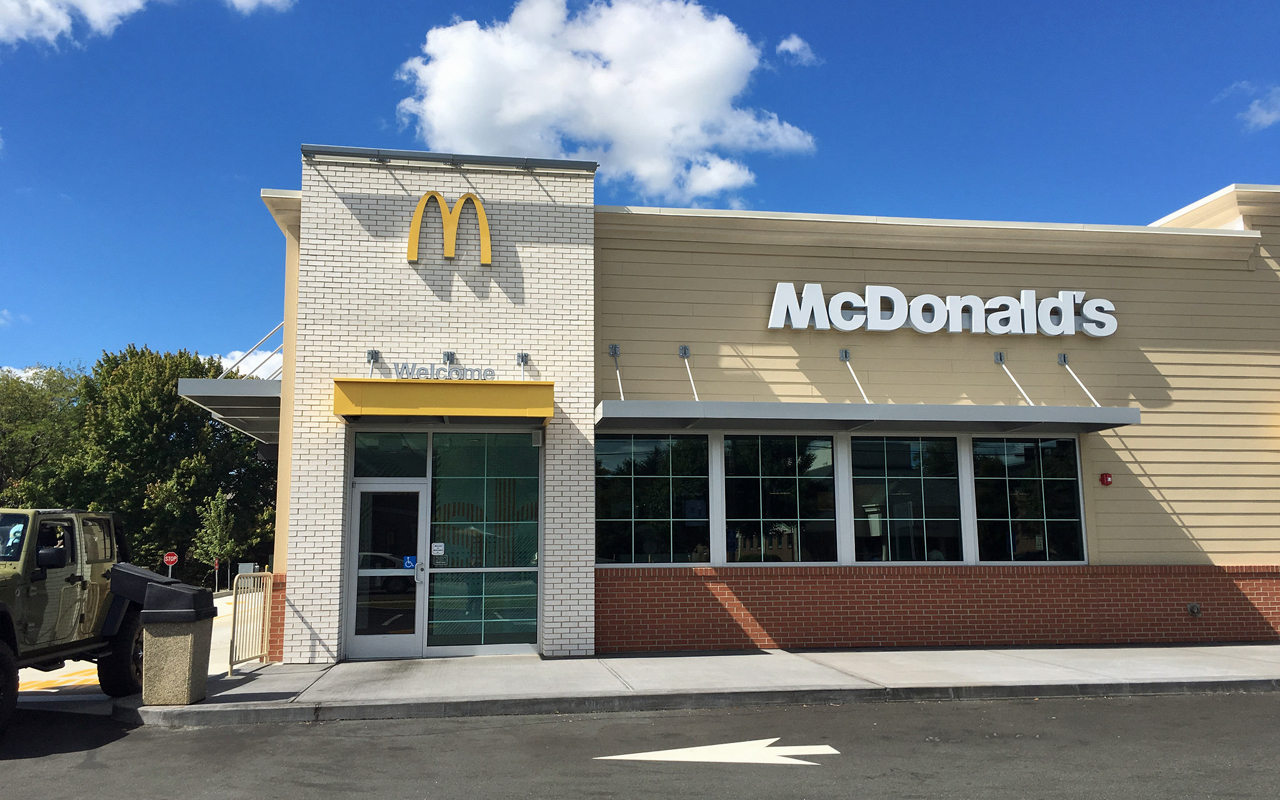
McDonald’s
- Market value: $128.1 billion
- Dividend yield: 2.4%
- McDonald’s (MCD, $158.64), with more than 37,000 restaurants worldwide, is among the best-known fast-food chains on the planet. As such, it’s fairly saturated, and analysts even are projecting a single-digit decline in revenues for the current fiscal year.
That said, McDonald’s still may be an opportunity for share gains and dividends. As the company shifts to an almost entirely franchised business model, it should enjoy the benefits of collecting lucrative franchise royalties and fees, which have few associated costs. That’s in large part why, even though McDonald’s simply doesn’t have much more room for expansion, analysts expect profits to grow more than 14% in 2018.
McDonald’s is a Dividend Aristocrat that sports a modest current yield. However, its consistent dividend growth – MCD has paid out higher distributions each year for more than four decades – means yield on cost keeps getting better for anyone holding shares. The yield also is on the low side right now in part because of a 25% jump in shares over the past 12 months.
Bank of America/Merrill Lynch analysts suggest that McDonald’s shares “have appeal as a total-return (dividends + share appreciation) vehicle, including a long history of dividend increases.”
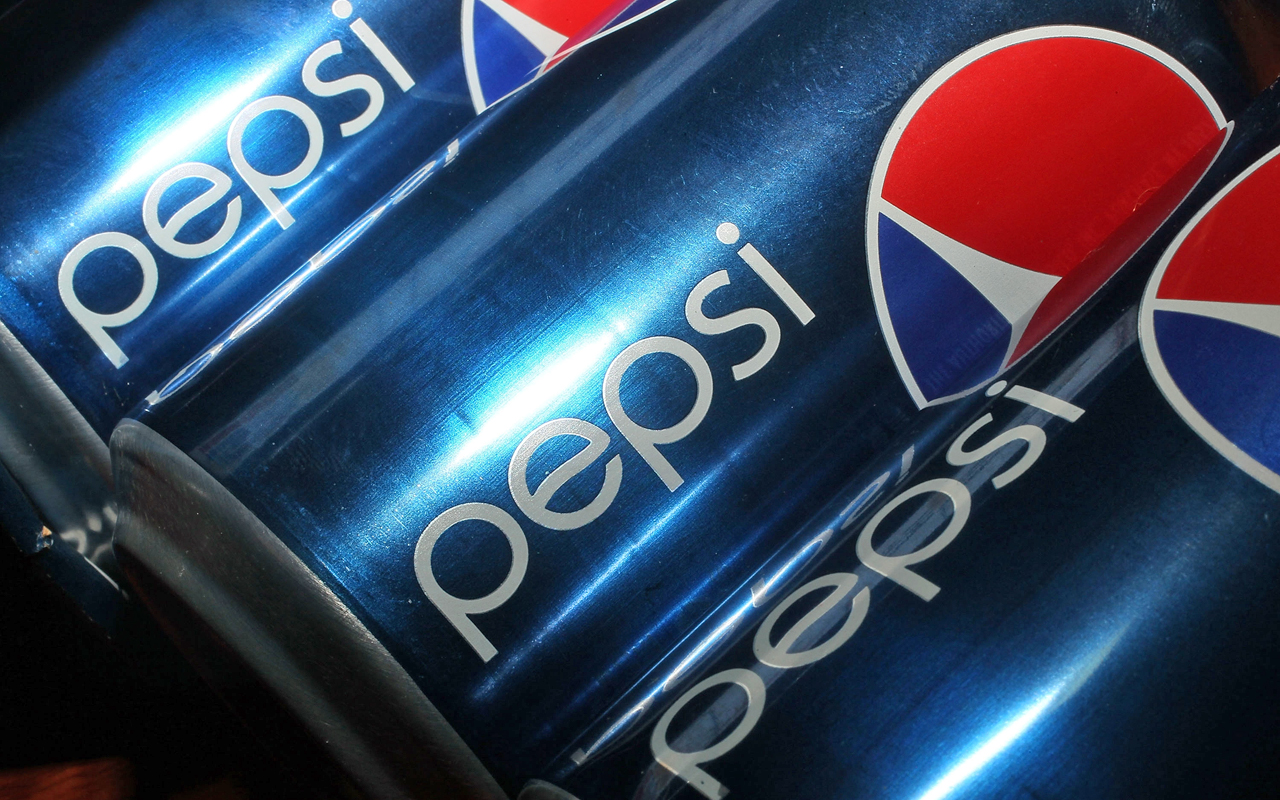
PepsiCo
- Market value: $155.9 billion
- Dividend yield: 2.9%
- PepsiCo (PEP, $108.00) is a global food and beverage company whose well-known brands include the namesake Pepsi-Cola, as well as Frito-Lay, Gatorade, Quaker and Tropicana.
After a few years of declines in the top line, PepsiCo is back to growing revenues, and in fact, analysts expect sales to improve by low single digits for the next couple of years. Also, PepsiCo is a strong cash-flow generator, and it puts that cash flow to good use – once in a while in acquisitions such as 2016’s deal for KeVita, but also via raising its dividend and repurchasing shares.
For the uninitiated: Share repurchases are a powerful catalyst for share appreciation because they take shares off the market and help juice the earnings-per-share number. In its fourth-quarter earnings report in February, PepsiCo announced a new $15 billion stock repurchase program spanning from July 1, 2018, through June 30, 2021, that will replace an expiring $12 billion program dating back to July 1, 2015.
PepsiCo also announced another increase to its dividend – the 46th consecutive such increase, which means it too is a Dividend Aristocrat.
Right now, analysts at Bank of America/Merrill Lynch believe shares’ current valuation fails to reflect management’s efforts to accelerate growth in PepsiCo’s core beverage business. Translation: There's more room for upside in shares.
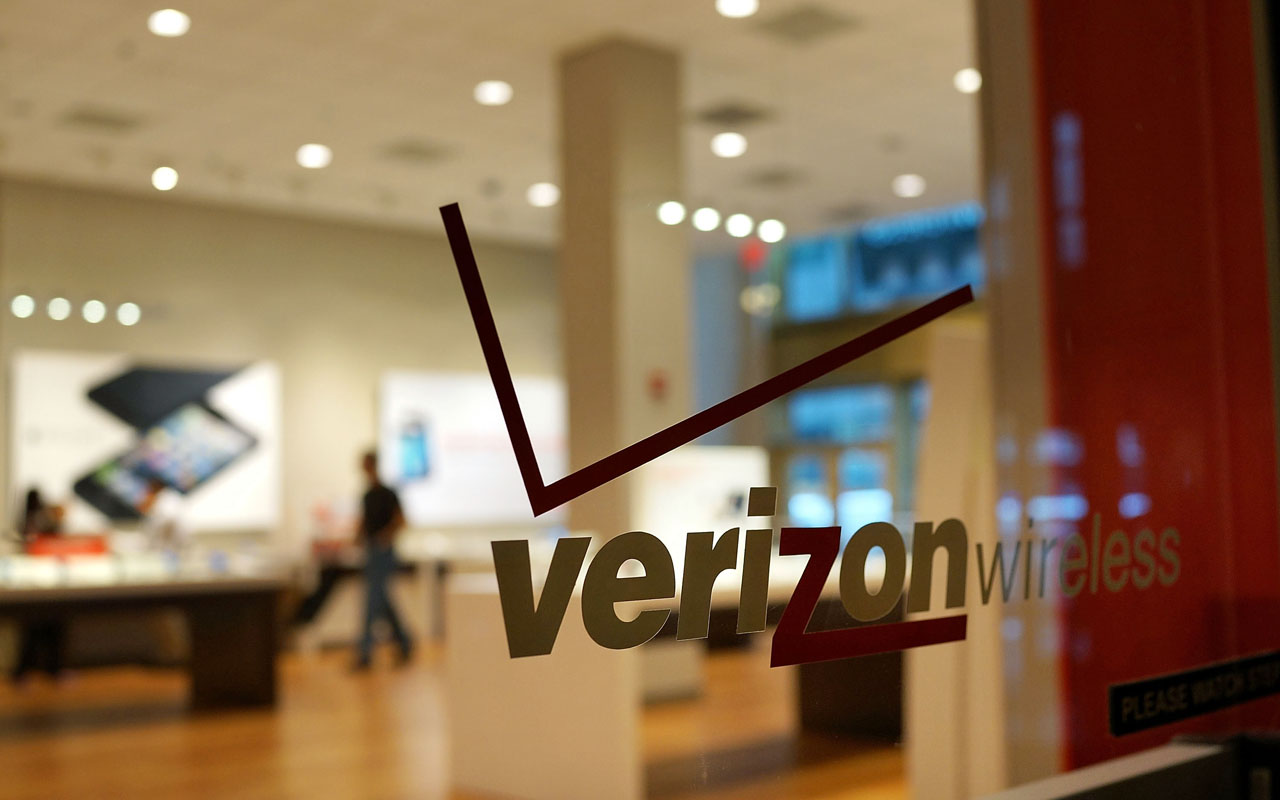
Verizon
- Market value: $197.4 billion
- Dividend yield: 4.9%
- Verizon (VZ, $47.96) is a leading telecommunications company, and one of the reasons why investors tend to associate telecom stocks with big, stable dividends. VZ has improved its dividend every year since 2006, and has averaged modest 3% dividend growth over the past five years – but the overall yield is a very immodest 5% that’s nearly triple that of the S&P 500.
There’s little growth left in the saturated U.S. telecom market, and companies such as T-Mobile (TMUS) and Sprint (S) are waging price wars to try to squeeze the bottom lines at the two-headed giant of Verizon and AT&T (T). Nonetheless, analysts still see low-single-digit top-line expansion in Verizon’s near-term future. And because Verizon is adept at turning even meager growth into profits, those same analysts are looking for roughly 6% in annual earnings improvement over the next half-decade.
Analysts at Wells Fargo suggest Verizon will experience “strengthening free cash flow,” which is a catalyst for dividend growth. Also, industry experts are excited about the prospects of Verizon's eventual rollout of 5G technology.
Profit and prosper with the best of Kiplinger's advice on investing, taxes, retirement, personal finance and much more. Delivered daily. Enter your email in the box and click Sign Me Up.

Website: gorillatrades.com
LinkedIn: Gorilla Trades
Phone: (866) 222-6639
Ken Berman has been buying and selling stocks since he was a teenager and met with early success trading then-fledgling biotech stocks like Amgen, Biogen and Immunex. He later became a broker and worked for two wire houses, where he developed a proprietary system for buying and selling equities. In 1999, Mr. Berman formalized his method under the Gorilla Trades name and now has subscribers in the U.S. and 55 other countries around the world.
-
 Dow Adds 1,206 Points to Top 50,000: Stock Market Today
Dow Adds 1,206 Points to Top 50,000: Stock Market TodayThe S&P 500 and Nasdaq also had strong finishes to a volatile week, with beaten-down tech stocks outperforming.
-
 Ask the Tax Editor: Federal Income Tax Deductions
Ask the Tax Editor: Federal Income Tax DeductionsAsk the Editor In this week's Ask the Editor Q&A, Joy Taylor answers questions on federal income tax deductions
-
 States With No-Fault Car Insurance Laws (and How No-Fault Car Insurance Works)
States With No-Fault Car Insurance Laws (and How No-Fault Car Insurance Works)A breakdown of the confusing rules around no-fault car insurance in every state where it exists.
-
 What Fed Rate Cuts Mean For Fixed-Income Investors
What Fed Rate Cuts Mean For Fixed-Income InvestorsThe Fed's rate-cutting campaign has the fixed-income market set for an encore of Q4 2024.
-
 The Most Tax-Friendly States for Investing in 2025 (Hint: There Are Two)
The Most Tax-Friendly States for Investing in 2025 (Hint: There Are Two)State Taxes Living in one of these places could lower your 2025 investment taxes — especially if you invest in real estate.
-
 The Final Countdown for Retirees with Investment Income
The Final Countdown for Retirees with Investment IncomeRetirement Tax Don’t assume Social Security withholding is enough. Some retirement income may require a quarterly estimated tax payment by the September 15 deadline.
-
 The 24 Cheapest Places To Retire in the US
The 24 Cheapest Places To Retire in the USWhen you're trying to balance a fixed income with an enjoyable retirement, the cost of living is a crucial factor to consider. Is your city the best?
-
 Dividends Are in a Rut
Dividends Are in a RutDividends may be going through a rough patch, but income investors should exercise patience.
-
 Bond Basics: How to Reduce the Risks
Bond Basics: How to Reduce the Risksinvesting Bonds have risks you won't find in other types of investments. Find out how to spot risky bonds and how to avoid them.
-
 Bond Ratings and What They Mean
Bond Ratings and What They Meaninvesting Bond ratings measure the creditworthiness of your bond issuer. Understanding bond ratings can help you limit your risk and maximize your yield.
-
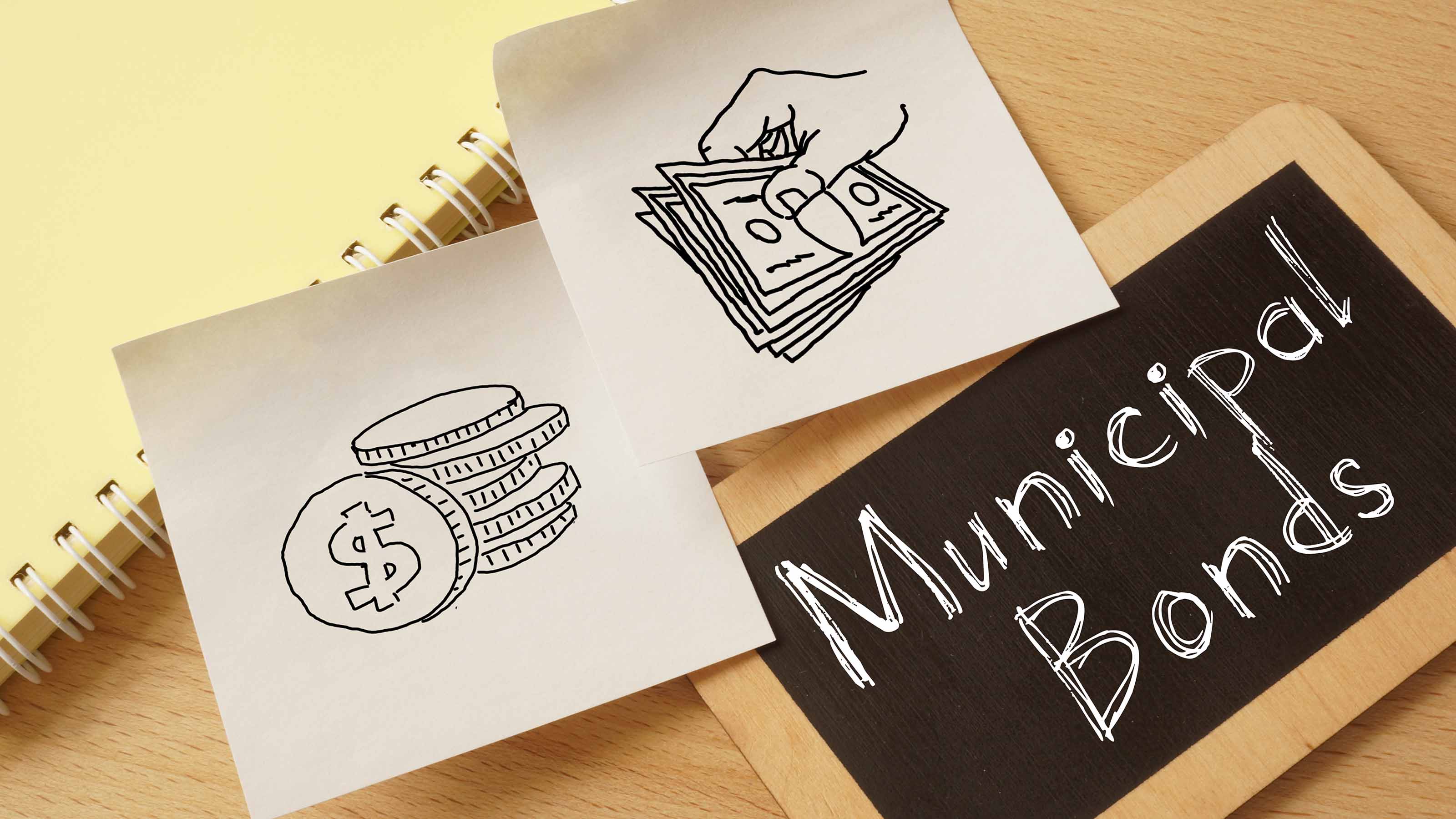 Municipal Bonds Stand Firm
Municipal Bonds Stand FirmIf you have the cash to invest, municipal bonds are a worthy alternative to CDs or Treasuries – even as they stare down credit-market Armageddon.
